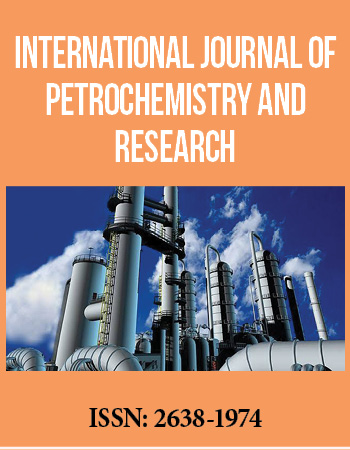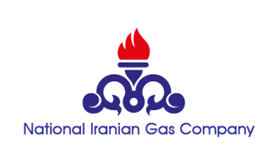International Conference on Oil, Gas and Petrochemistry
April 3-5, 2017 Dubai, UAE
Formulation of an oil based drilling mud using waste engine oil
Pandit Deendayal Petroleum University, India
The commercial viability of using acheap waste engine oil collected from two wheeler automobiles as a base oil for the formulation of oil based drilling mud was investigated. The rheological and other properties of this formulation were compared with formulations from commercial 4 stroke engine oil JASO MA SAE 10W/30 whose composition principally consists of a hydrocarbon oil with aromatic components, primaly one- and two-ring naphthenes, sulfur and small quantities of nitrogen, along with molybdenum of molybdenum dithiocarbamate, phosphorus of zinc dithiophosphate, and a phenol-based antioxidant, commensurate to the total weight of the composition. The waste engine oil based drilling mud prepared by us , acts as a replica of the oil based muds prepared from other synthetic oils and is alkaline in nature which avoids corrosion in the tubing a, with a pH of 9.2 and also exhibits good filtration propertieswith a thin and robust filter cake of 3.2 mm when compared with the other formulations. The results obtained show that the waste engine oil based mud exhibited Bingham plastic rheological model with a viable yield point and gel strength. The mud density measurement showed that waste engine oil OBM was slightly denser than the original engine oil based mud with mud density values of 8.5 lb. /gal and 8.2lb. /gal, respectively, at barite content of 63.2g per lab barrel. Therefore, the formulated waste engine oil mud exhibited compatible drilling mud properties that would compare favorably with those of 4 T engine oil muds. The waste from engine formulation is toxic as it is a cocktail of naphthenic and aromatic hydrocarbons that may contain carbon remnants, sludge, aromatic and non-aromatic solvents, water, glycols, salts of metals used in construction of the engine body, antifoaming compounds, fuels, and other residue of oil additives. Though, the waste engine oil mud is currently non –ecofriendly, but if the waste engine oil is economically re-refined, it may be a viable and a cheap option.
Biography:
Mr. Dhruvil Sagar is pursuing his bachelors of technology in petroleum engineering from Pandit Deendayal Petroleum University where he holds a strong research interest in drilling fluids used in oil and gas industry. He has developed an innovative formulation for oil based mud used for HPHT wells.



